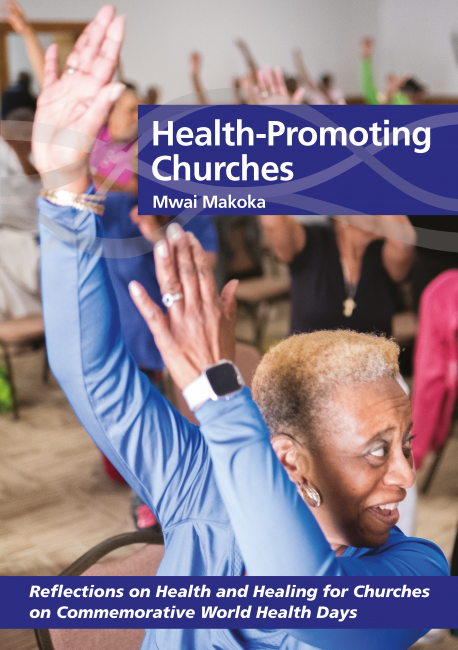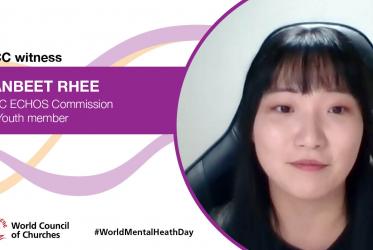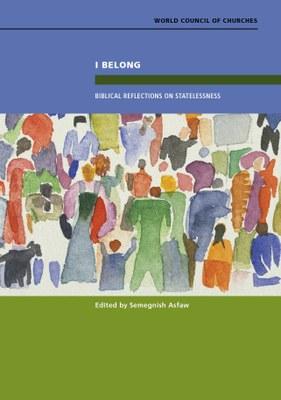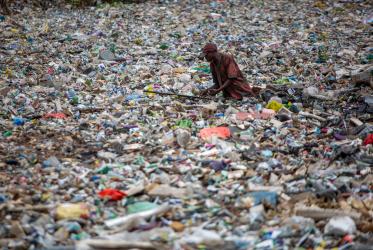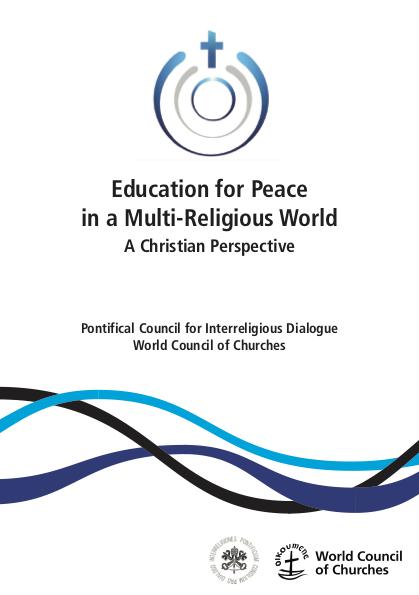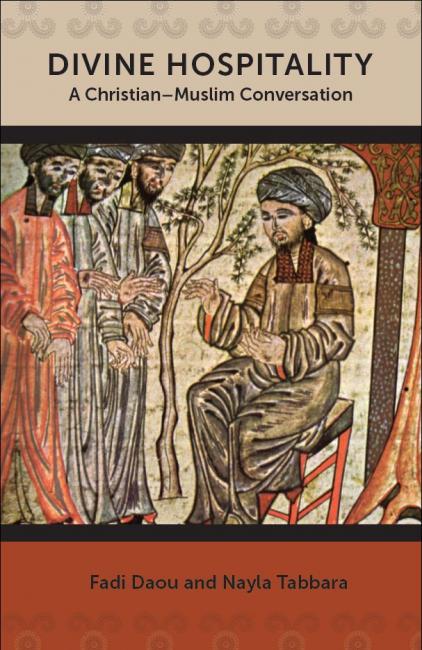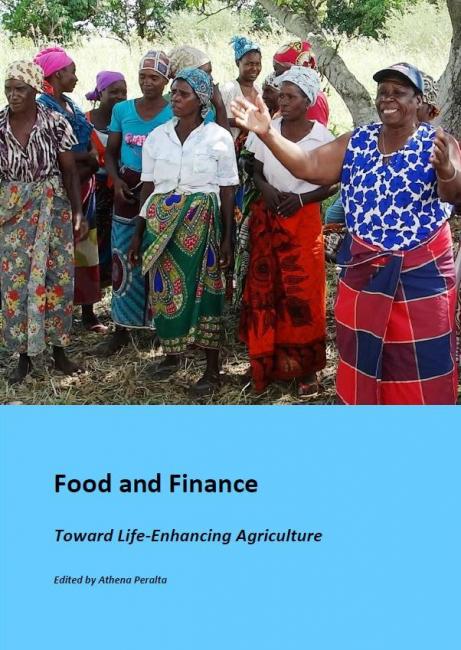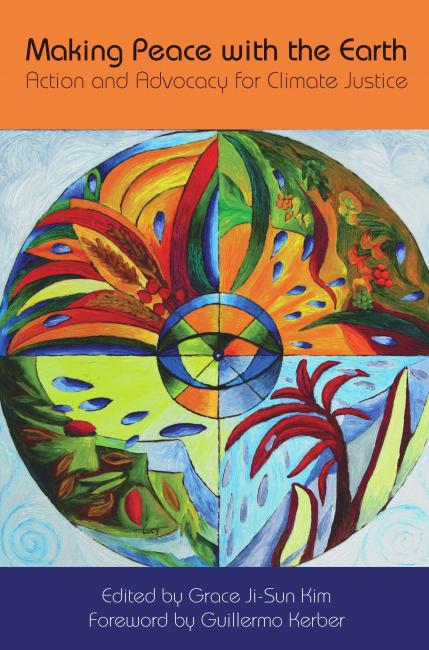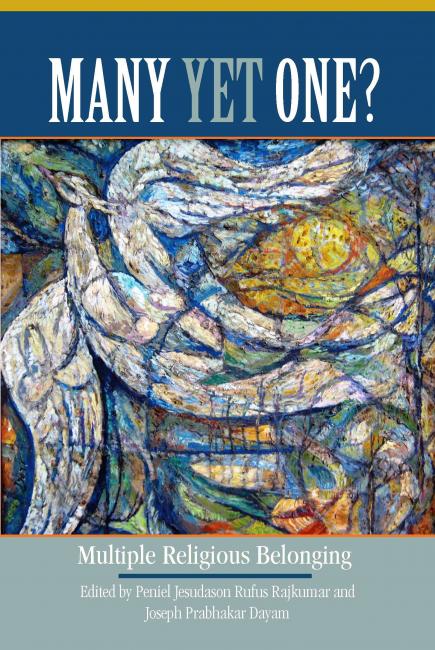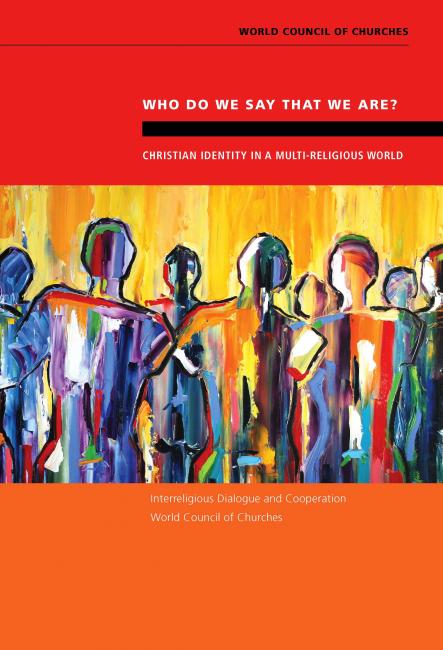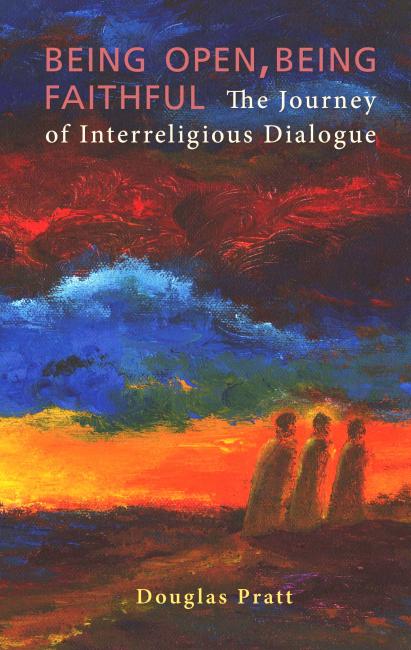Displaying 221 - 236 of 236
Reflections on Health and Healing for Churches on Commemorative World Health Days
15 October 2020
On World Mental Health Day, “expect your colorful life”
12 October 2020
I Belong: Biblical Reflections on Statelessness
Biblical Reflections on Statelessness
12 October 2020
Securing water for all: a job for heroes with a licence to pray?
11 November 2008
